2002 Mazda 626 Brake Rotors and Pads
Click here to search another vehicle
All Rotors:
OEM x
Coated x
Drilled, Slotted and Coated x
Front x
Rear x
All Pads:
Ceramic x
Semi-metallic x
Front x
Rear x
Found 13 record
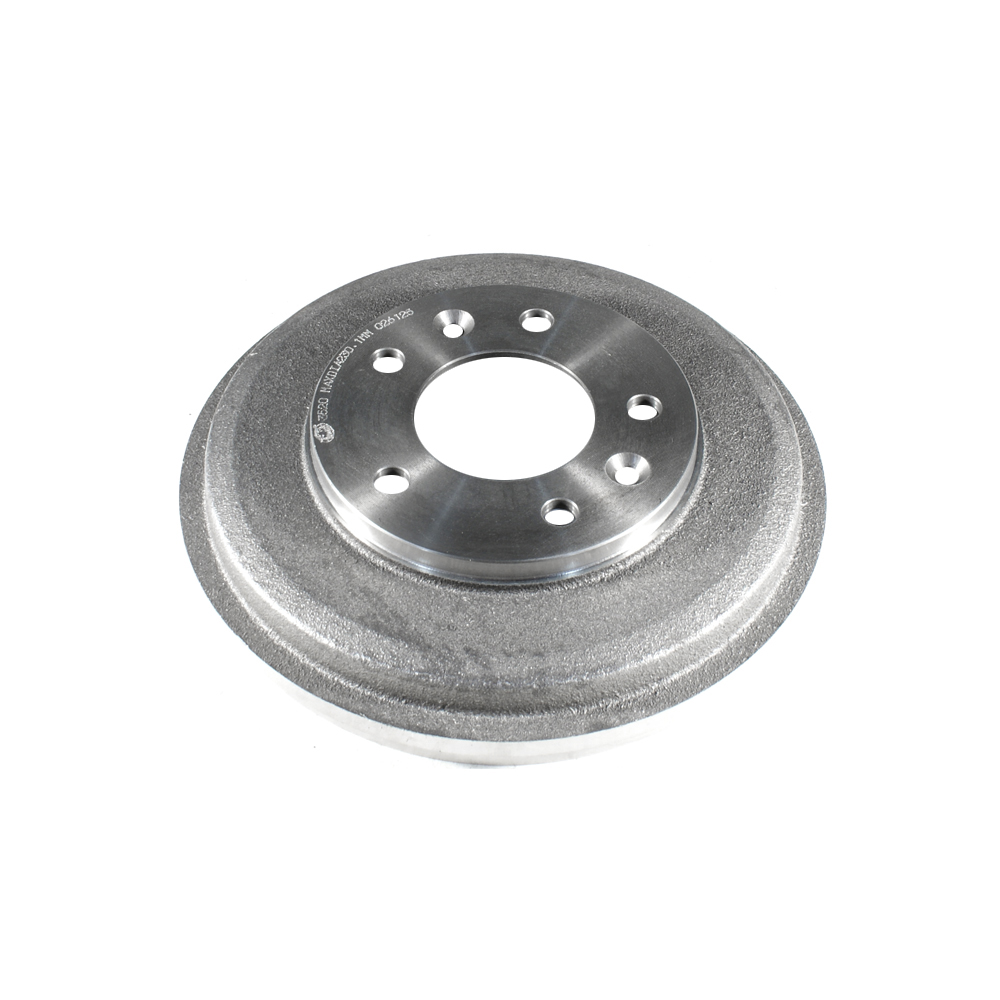
Part No: BD3520
Raybestos: 9544
OE: GA2Y26251A
Raybestos: 9544
OE: GA2Y26251A
$36.13 each
Per Car QTY: 2
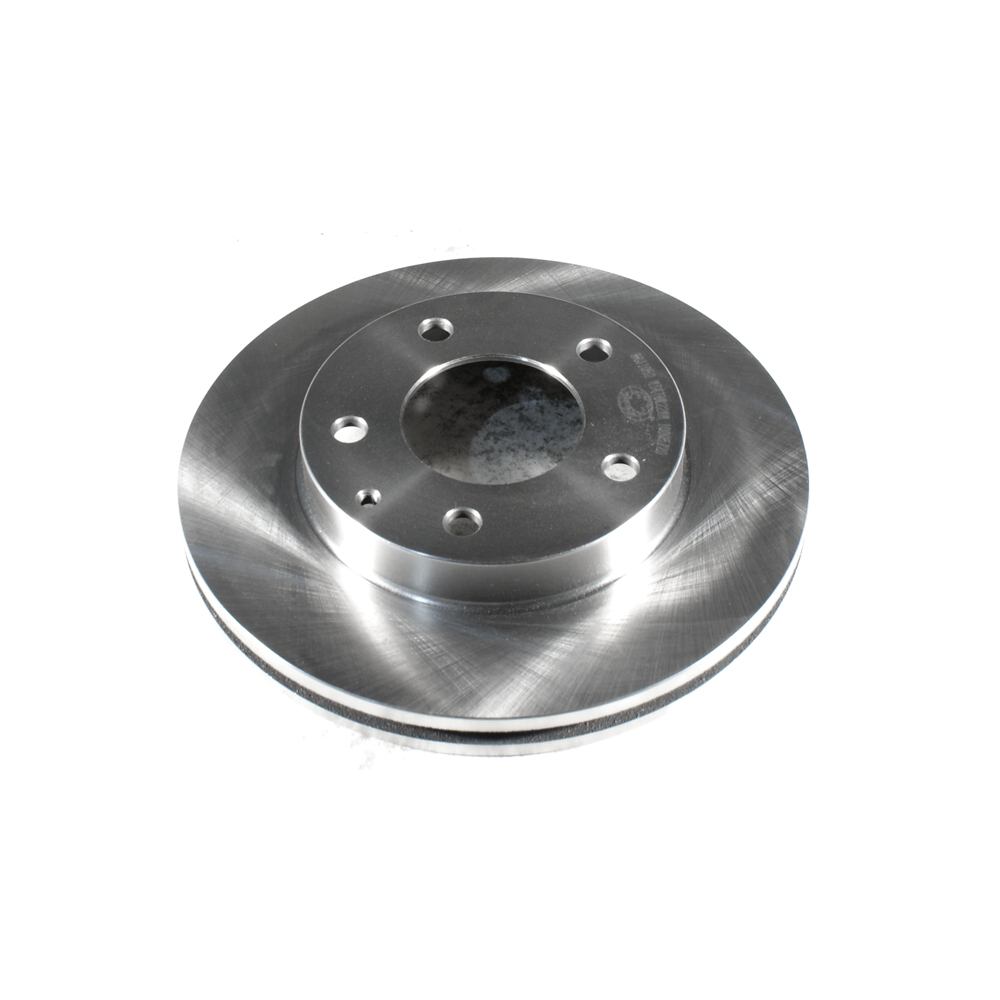
Part No: BR31052
Raybestos: 96318
OE: GA2Y33251
Raybestos: 96318
OE: GA2Y33251
$24.01 each
Per Car QTY: 2
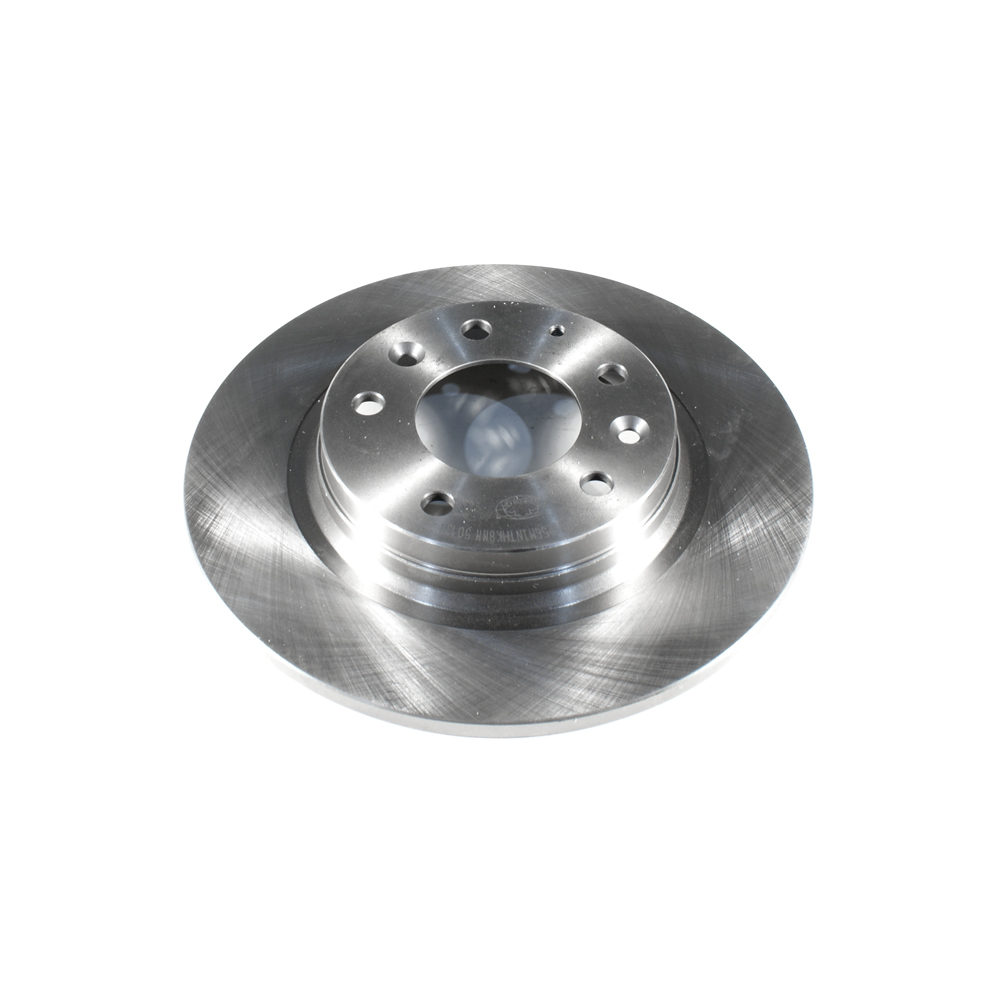
Part No: BR31256
Raybestos: 96791
OE: GD7Y26251
Raybestos: 96791
OE: GD7Y26251
$21.74 each
Per Car QTY: 2
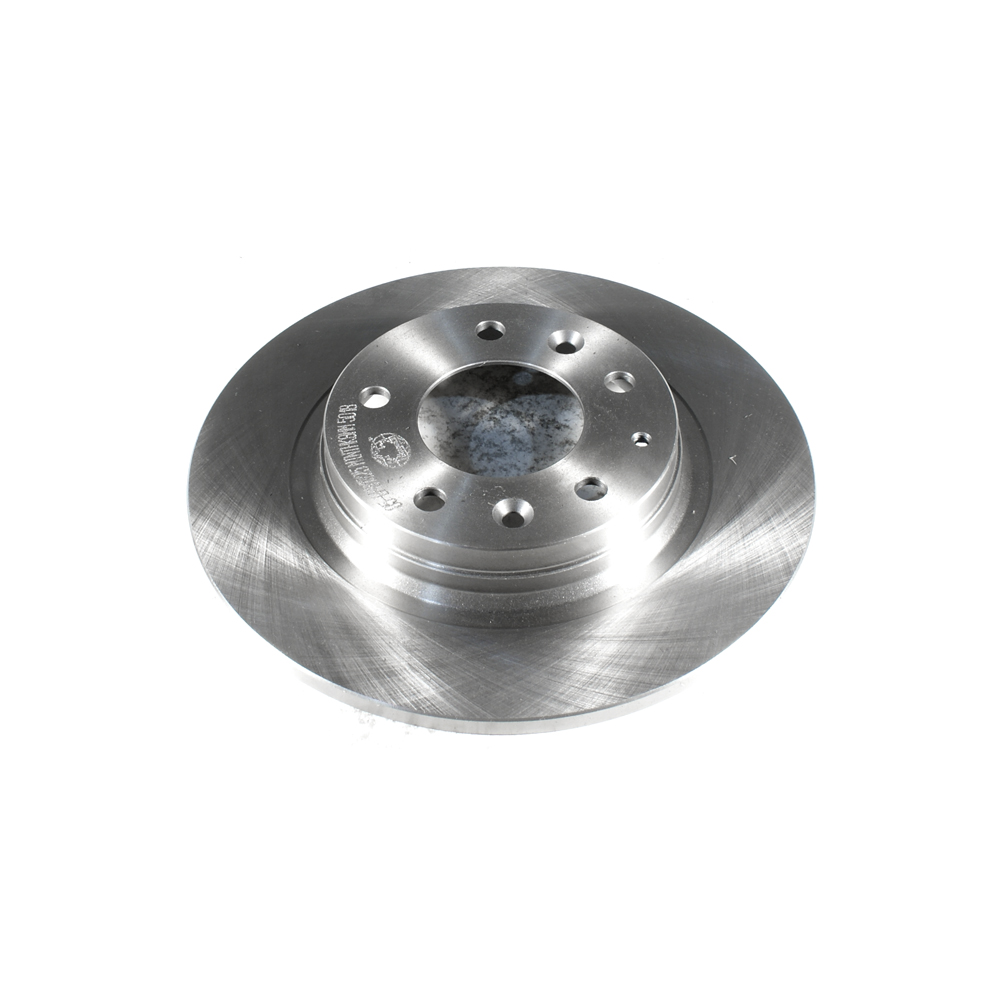
Part No: BR31325
Raybestos: 980172
OE: 6E5Z2C026AA
Raybestos: 980172
OE: 6E5Z2C026AA
$28.8 each
Per Car QTY: 2
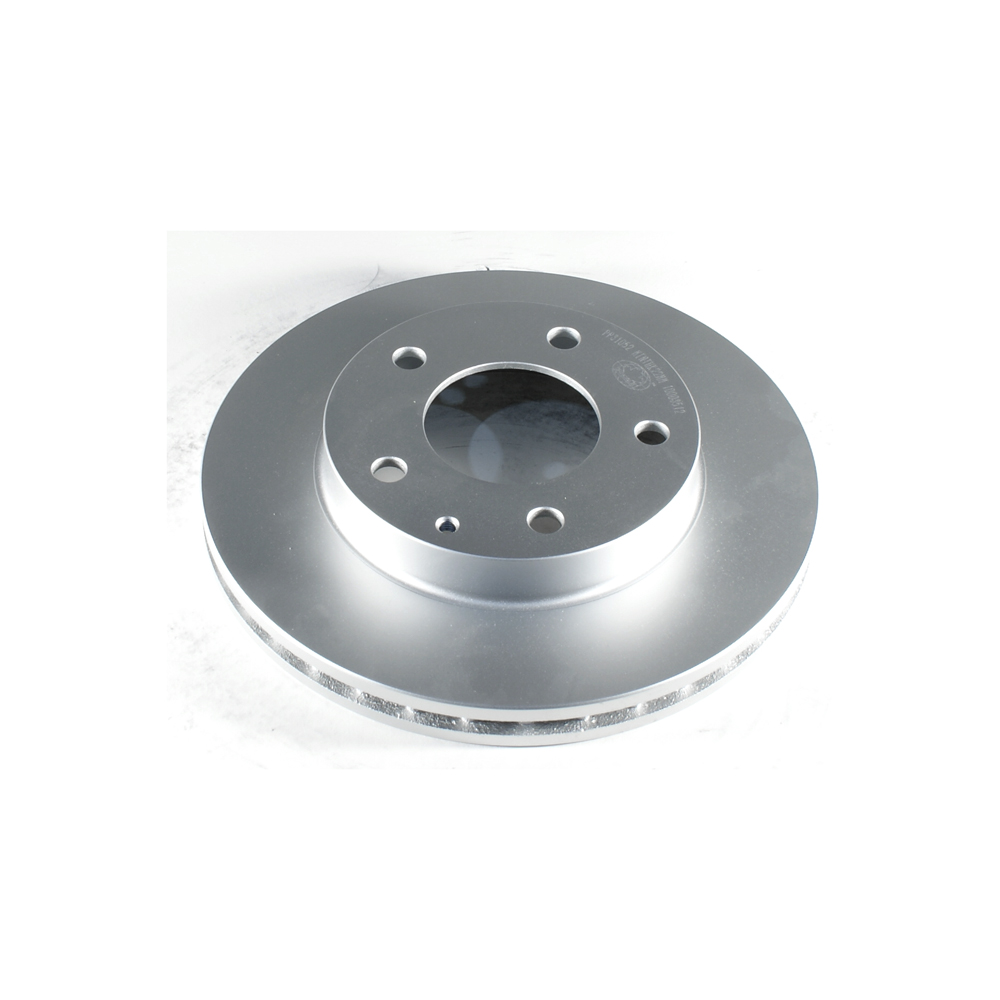
Part No: PP31052
Raybestos: 96318
OE: GA2Y33251
Raybestos: 96318
OE: GA2Y33251
$34.07 each
Per Car QTY: 2
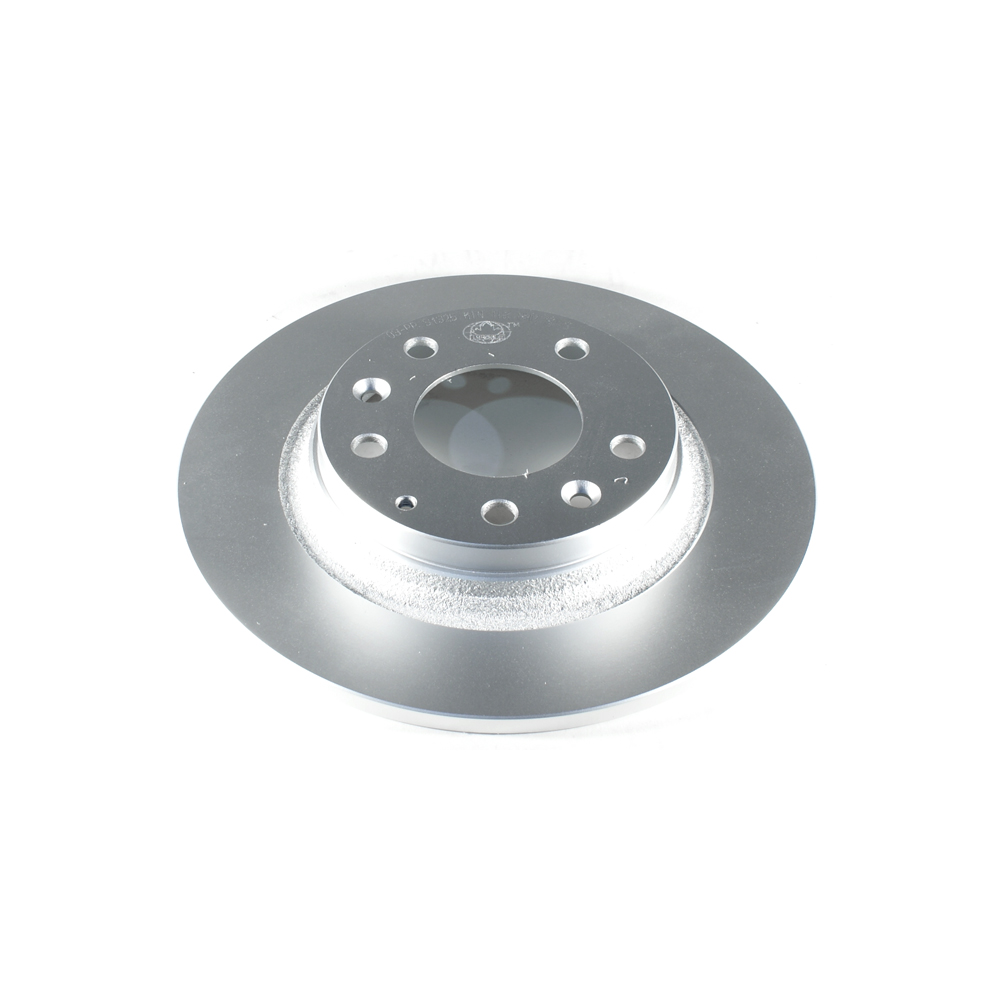
Part No: PP31325
Raybestos: 980172
OE: 6E5Z2C026AA
Raybestos: 980172
OE: 6E5Z2C026AA
$34.27 each
Per Car QTY: 2

Part No: SP31052L
Raybestos: 96318
OE: GA2Y33251
Raybestos: 96318
OE: GA2Y33251
$66.47 each
Per Car QTY: 1
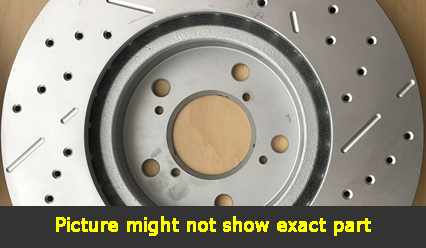
Part No: SP31052R
Raybestos: 96318
OE: GA2Y33251
Raybestos: 96318
OE: GA2Y33251
$66.47 each
Per Car QTY: 1

Part No: SP31325L
Raybestos: 980172
OE: 6E5Z2C026AA
Raybestos: 980172
OE: 6E5Z2C026AA
$66.67 each
Per Car QTY: 1
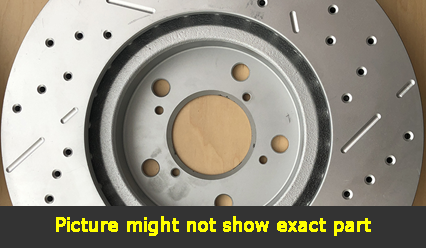
Part No: SP31325R
Raybestos: 980172
OE: 6E5Z2C026AA
Raybestos: 980172
OE: 6E5Z2C026AA
$66.67 each
Per Car QTY: 1
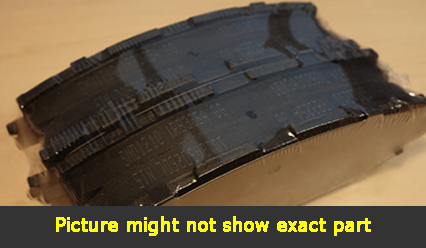
Part No: SMD637
Raybestos:
OE:
Raybestos:
OE:
$20.18 each
Per Car QTY: 1
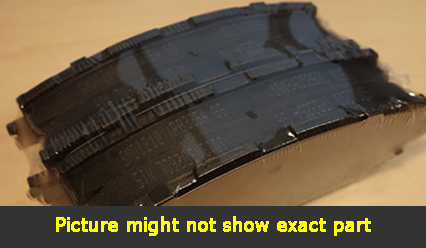
Part No: SMD755
Raybestos:
OE:
Raybestos:
OE:
$22.41 each
Per Car QTY: 1
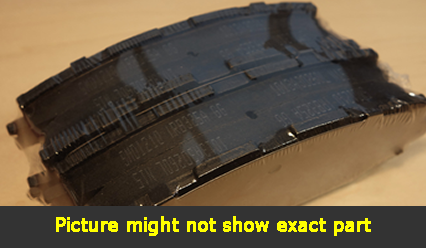
Part No: SMD584
Raybestos:
OE:
Raybestos:
OE:
$17.21 each
Per Car QTY: 1
Brakes are an essential safety feature in any vehicle, including the 2002 Mazda 626. They play a critical role in ensuring the vehicle slows down or stops in a timely and controlled manner when needed. Understanding how the brakes work and maintaining them properly can help prevent accidents and ensure a smooth driving experience.
The braking system in the 2002 Mazda 626 consists of several components that work together to bring the vehicle to a halt. These components include the brake pedal, brake lines, brake calipers, brake pads, and brake rotors.
The brake pedal is the interface between the driver and the braking system. When the driver applies pressure on the brake pedal, a series of hydraulic actions is initiated, causing the brakes to engage. The brake fluid, stored in the master cylinder, travels through the brake lines to the calipers.
The brake calipers house the brake pads and play a significant role in bringing the vehicle to a stop. When the brake pedal is pressed, the calipers squeeze the brake pads onto the brake rotors. This creates friction, which slows down the rotation of the wheels and subsequently the vehicle.
Brake pads are crucial to the braking system's function as they are the direct contact point between the calipers and the rotors. Over time, brake pads wear down due to the friction generated during braking. It is important to regularly inspect the brake pads and replace them when they become too thin.
Similarly, the brake rotors should be regularly checked for wear and tear. Rotors that are excessively worn or warped may result in reduced braking performance. If necessary, they should be resurfaced or replaced to maintain optimum braking efficiency.
Proper maintenance of the braking system is vital for optimal performance and safety. Regular brake fluid checks are essential as the fluid plays a critical role in transmitting hydraulic pressure. If the brake fluid level is low or contaminated, it can result in reduced braking effectiveness. Additionally, the brake lines should be inspected for leaks or damage as they can corrode over time.
It is also recommended to have a professional mechanic perform routine inspections and maintenance of your Mazda 626's braking system. A skilled technician will have the expertise to identify any potential issues and address them promptly. Regular brake inspections not only enhance safety but also help prevent costly repairs down the line.
In conclusion, the braking system of a 2002 Mazda 626 is a critical safety feature that should be properly maintained. Understanding how the braking components work together and regularly inspecting them can help ensure optimal braking performance. By keeping the brake pads, rotors, fluid, and lines in good condition, you can drive your Mazda 626 with confidence, knowing that you have reliable brakes that will bring you to a safe stop whenever needed.
The braking system in the 2002 Mazda 626 consists of several components that work together to bring the vehicle to a halt. These components include the brake pedal, brake lines, brake calipers, brake pads, and brake rotors.
The brake pedal is the interface between the driver and the braking system. When the driver applies pressure on the brake pedal, a series of hydraulic actions is initiated, causing the brakes to engage. The brake fluid, stored in the master cylinder, travels through the brake lines to the calipers.
The brake calipers house the brake pads and play a significant role in bringing the vehicle to a stop. When the brake pedal is pressed, the calipers squeeze the brake pads onto the brake rotors. This creates friction, which slows down the rotation of the wheels and subsequently the vehicle.
Brake pads are crucial to the braking system's function as they are the direct contact point between the calipers and the rotors. Over time, brake pads wear down due to the friction generated during braking. It is important to regularly inspect the brake pads and replace them when they become too thin.
Similarly, the brake rotors should be regularly checked for wear and tear. Rotors that are excessively worn or warped may result in reduced braking performance. If necessary, they should be resurfaced or replaced to maintain optimum braking efficiency.
Proper maintenance of the braking system is vital for optimal performance and safety. Regular brake fluid checks are essential as the fluid plays a critical role in transmitting hydraulic pressure. If the brake fluid level is low or contaminated, it can result in reduced braking effectiveness. Additionally, the brake lines should be inspected for leaks or damage as they can corrode over time.
It is also recommended to have a professional mechanic perform routine inspections and maintenance of your Mazda 626's braking system. A skilled technician will have the expertise to identify any potential issues and address them promptly. Regular brake inspections not only enhance safety but also help prevent costly repairs down the line.
In conclusion, the braking system of a 2002 Mazda 626 is a critical safety feature that should be properly maintained. Understanding how the braking components work together and regularly inspecting them can help ensure optimal braking performance. By keeping the brake pads, rotors, fluid, and lines in good condition, you can drive your Mazda 626 with confidence, knowing that you have reliable brakes that will bring you to a safe stop whenever needed.


